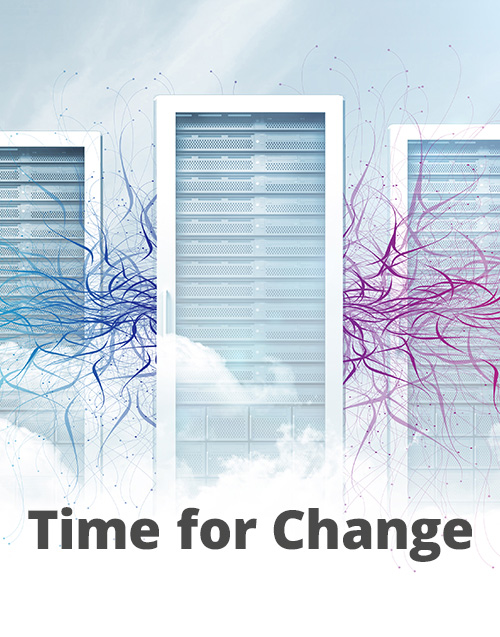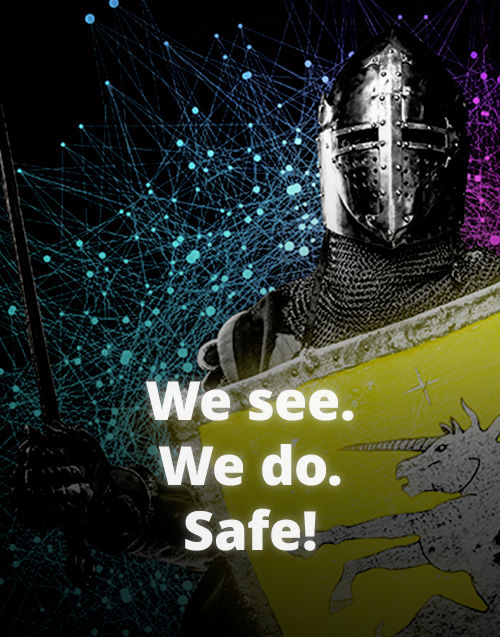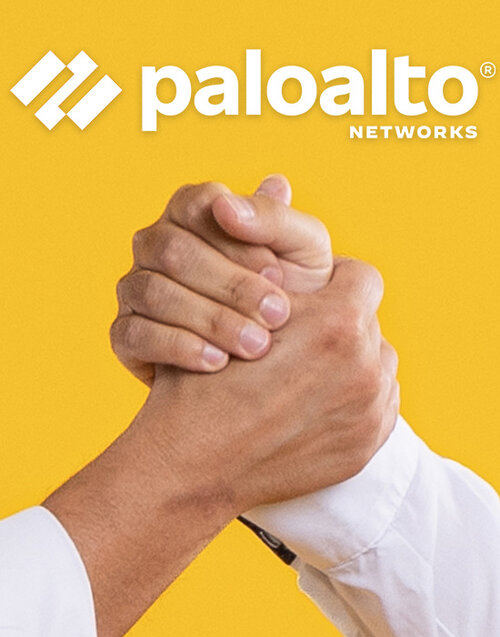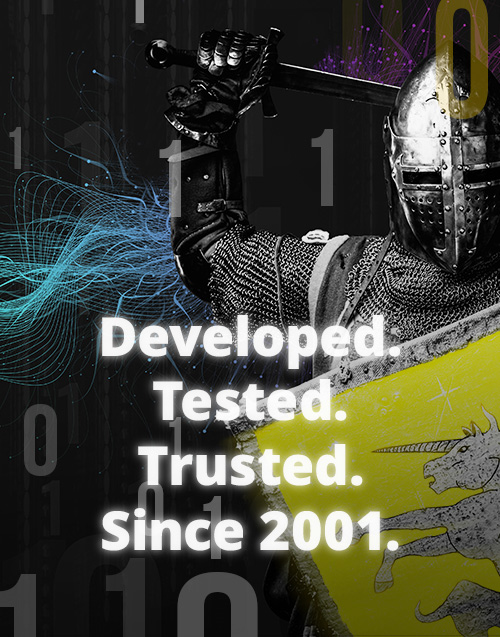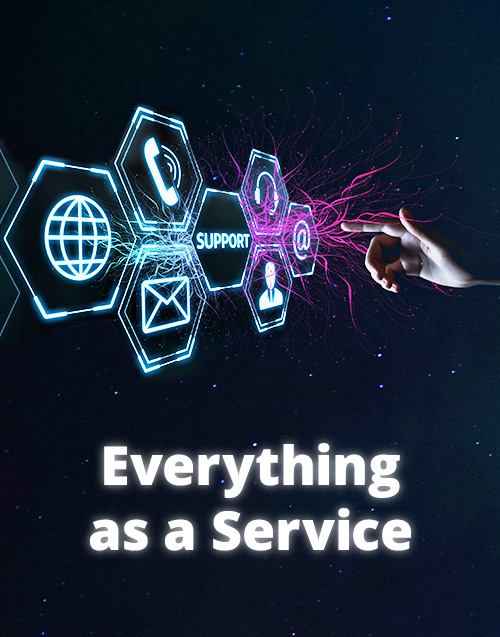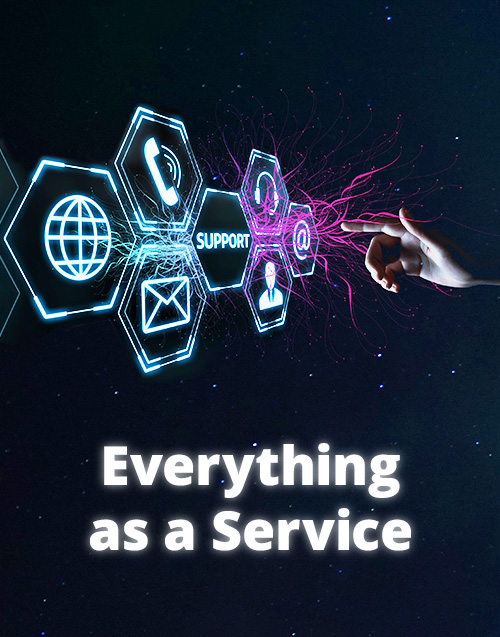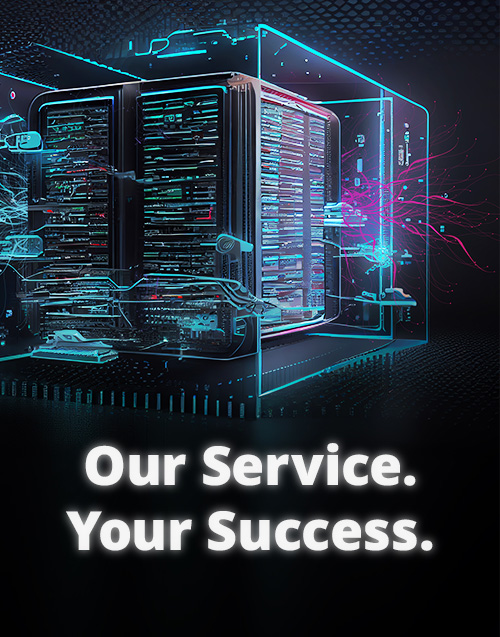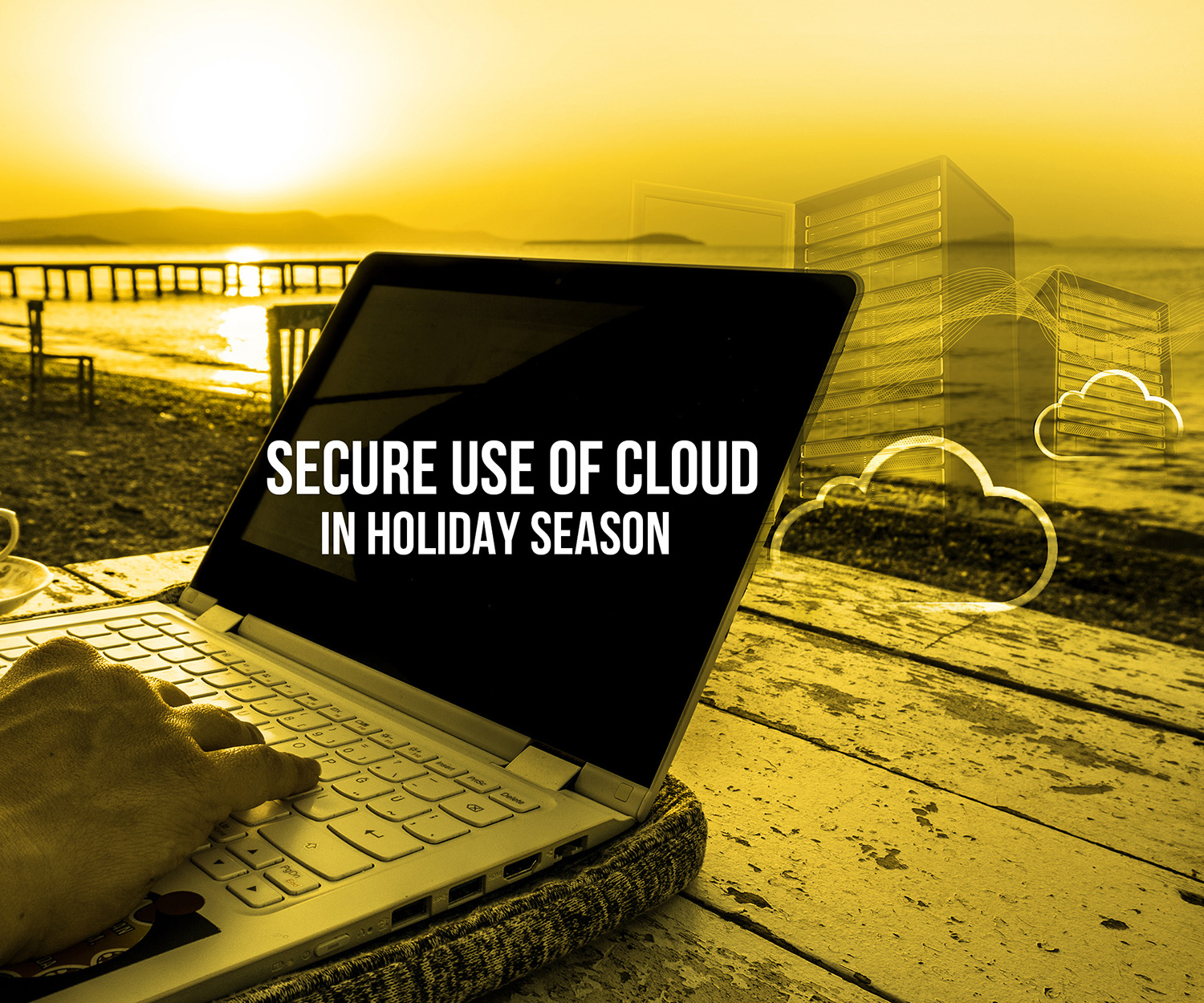IT security as personal responsibility
The cloud is no longer the future, the cloud is now. German companies are now even above the EU average when it comes to cloud use, as the benefits cannot be overlooked. But one problem remains: security. Attackers mercilessly exploit misconfigurations, incomplete access controls, stolen access data, unsecured interfaces and vulnerabilities in the cloud to gain access. Companies and their users often use interconnected services to transfer data between endpoints and apps or to be able to use them flexibly. However, cloud security is a shared responsibility. Both providers and companies must do their part.
A secure password
The majority of successful cyber attacks are made possible by weak passwords.Password protection is therefore one of the basics.A secure password should be used to log in to a cloud service.This consists of a solid combination of several letters or even words, mixed with numbers and special characters.This makes it considerably more difficult for hackers to crack passwords.A note for travellers:Bear in mind that the special characters may also have to be entered on a foreign language keyboard.
Implementation of multi-factor authentication
Multi-factor authentication (MFA) is an essential security measure that companies should definitely implement.MFA significantly increases security by requiring other forms of verification in addition to the password, such as a one-time code sent to the user's mobile phone.This ensures that there is additional protection even if the password is stolen.Companies should make MFA mandatory for all cloud access, especially for administrative accounts.
Encryption of company data
Another basic security measure for companies is the encryption of data.All sensitive information should be encrypted both in transit and at rest. Many cloud service providers offer integrated encryption solutions. However, it is advisable to implement additional layers of encryption. Companies can use their own tools to ensure that only authorised persons can access the data. This additional measure protects the data from unauthorised persons, even if the cloud infrastructure is compromised.
Regular security checks, backups & updates
Security checks and regular backups are essential to ensure the integrity and availability of company data. Before the holiday period, organisations should review their security policies and ensure that all systems are up to date.Regular backups, both in the cloud and locally, protect against data loss and enable fast recovery.Automated backup solutions simplify this process. Software should always be up-to-date, as outdated applications can provide gateways for intruders. Even if the cloud provider is responsible for software updates, local software and access systems must also be updated.Patch management can help IT teams to manage updates efficiently.
Access rights & user roles
Careful management of access rights and user roles is an important aspect of cloud security. Companies should clearly define which employees have access to which data and applications.
By implementing a role-based access control system (RBAC), it can be ensured that only authorised persons have access to sensitive information.Temporary rights should be assigned, especially during holiday periods, and revoked again when employees return.Irrespective of the assignment of rights, employees must also independently keep security-sensitive information to themselves, especially with regard to access.
Secure access via public networks
Many employees also access company data while on holiday, often via insecure public networks that offer hackers an easy way to intercept data. Companies should train their employees to only access the cloud via secure connections. The use of a VPN is essential as it encrypts data traffic and protects it from unauthorised access. In addition, guidelines for secure remote access to company data should be implemented and communicated regularly. Public WLAN connections should be used as little as possible. Cybercriminals use methods to gain access to personal devices, especially in places such as cafés and airports.
Conclusion
The cloud is not, or has not, a security problem. Nevertheless, it is a lucrative target for cyber criminals. Company data in the cloud is simply too attractive for theft, espionage or blackmail. Companies need to internalise that the cloud is not an external entity that you can use as much as you like without having to do anything about its security yourself. We have listed the most important fields of action to ensure the basics of cloud security, especially during the holiday period. Of course, there are more holistic concepts and strategies to fully secure the cloud. Here we recommend a strong partner. The best isolated security solutions and measures are of little use if they do not dovetail.
Our recommendation:
Cloud? Cloud security? Going on holiday in peace? That's what you get from DTS in an all-in-one package! 1,400 Managed Services customers are already benefiting from the fact that we take the pressure off you, provide significant support with customer-specific challenges and allow you to concentrate on your core business or a well-deserved holiday.
As an absolute veteran in the cloud, with well over 20 years of experience in this field, we work with you to develop the best dedicated cloud strategy, which is of course fully secured 24/7. Simply switch off and enjoy your holiday - DTS as a strong partner at your side makes it possible.



